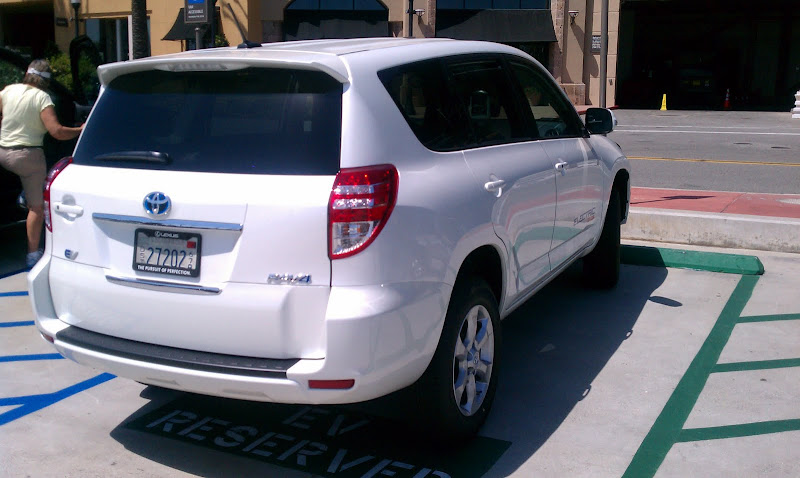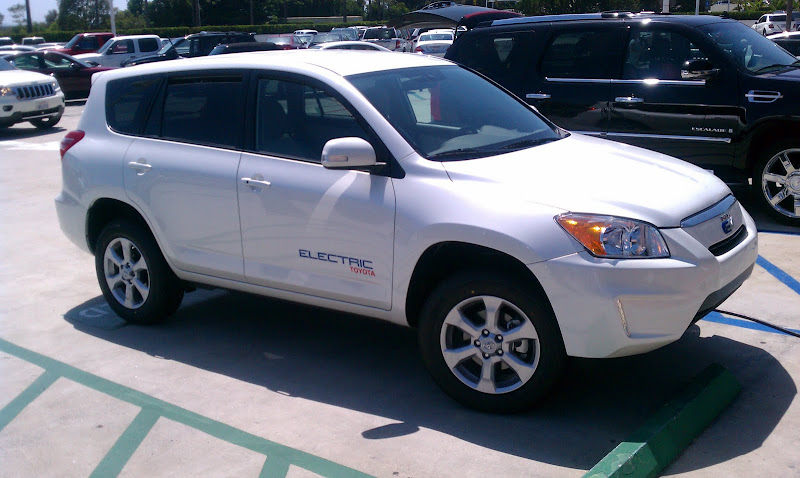evnow
Well-known member
A quick charger would provide a lot of additional cost and mass, Toyota decided. According to Brown, adding a quick charger to the EV—including its additional data-porting capability, additional cooling hardware, and other safeguards—would bring up to 40 kilograms (88 pounds) of additional weight...
The difference between SL & SL-e is definitely not 88 pounds.


